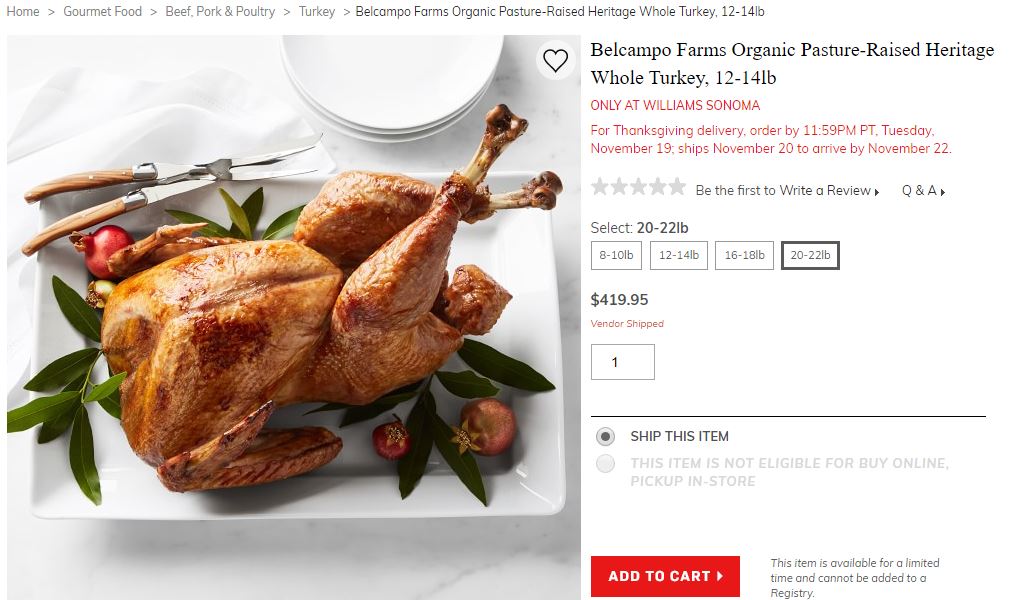The poorly worded Delaney Clause specified that any trace of an artificial chemical that had been linked to cancer - even if it was just epidemiological correlation or in a mouse and regardless of dose - had to be pulled from shelves. It was bizarre because the actual chemical did not matter, a natural version of the same chemical at 100X the dose was considered okay, it only mattered that it was artificial.(1)
The scaremongering caused a supply problem, not to mention an employment one for people in that industry. And that was just one product. Americans knew it was nonsense, we had abdicated a lot less of our thinking to centralized government then. Presidential candidates Senator Jack Kennedy and Vice-President Dick Nixon ridiculed the government they were competing to run. That wouldn't happen now. Politicians would be falling all over themselves to get on TV advocating 'it's for the children' bans. The reason it's easier for fear and doubt about science and technology to creep into a movement about food now is because only 2 percent of the population works in agriculture and the supply chain to get it from "farm to fork" is dizzying once you get beyond marketing woo like "farm to fork." That does not exist the way organic food shoppers think it exists.
Not understanding the supply chain of food is why Americans are not more worried - but should be.(2) The rich will be fine. It's everyone else that won't.

These will be available. The reasonable turkey in your store, maybe not. And all of the government porkbarrel for government union workers won't help.
Even by 1958, people took cranberries in a can for granted but getting them from a bog to a grocery store involves a lot of moving parts. And those parts can break down easily when government cripples businesses without thinking about the system. Globalization has been wonderful for developing countries who all get new sources of wealth, and it has meant diverse food at all times of the year here, but when everyone is told to stay home or their grandparents will die, except farmers and processors and truck drivers and people in grocery stores and delivering Amazon packages (their grandparents don't matter?), it is a logical flaw that translates into labor problems. The perils are so obvious even Paul Krugman couldn't Enron it up with a worse economic idea.(3)
Yet we have come close to creating a huge mess, and similar shocks are already being felt worldwide. It just does not make the news here, because journalists on both sides are instead still campaigning in the 2020 election.
The good news for countries like America and France is that we were born into natural breadbaskets so staples won't be scarce, they will just be expensive, but that impacts poor people the most and that is a very bad thing when there are a lot more of them. Walgreens is shutting half a dozen stores in San Francisco because of rampant theft and a city that won't do anything about crime. The mayor's response is instead that Walgreens had too many stores anyway. Politicians continue to fiddle about how great things are from inside their mansions when fires are breaking out just down the street.
The reassuring news is that prices have not yet gone out of control. We're on the precipice of a Carter-era economic malaise but there is no panic buying. Will turkeys be more expensive? Certainly, and that will impact the poor the most, but politicians have become so insular they don't seem to notice. $400 organic birds will still be available and will still have all the same carcinogens (in rats, not people, but rat studies are strangely how most policies are made) they had in 2019. The only way rich people will feel impacted is if they find a delay on their imported cinnamon from Sri Lanka at Christmas. (4) Shipping issues mean coastal elites will have to settle for regular cinnamon, like we peasants do.
NOTES:
(1) Homeopaths and the activists who would give birth to the endocrine disrupting chemical cult were delighted. It validated their belief in U-shaped curves: That a chemical at normal doses might be harmless, and at high doses it was, but also at very low doses. They claim the same unscientific gibberish today, they just rebrand it under new names.
(2) It's easy to gush about "locally grown" but it's a myth for most. Even locally grown food is probably coming from hundreds of miles away, and a farmer is not driving it to restaurants in an old Ford F50 the way elite restaurateurs want customers to believe.
(3) Some things are so weird it feels like stories from the old USSR; why is my grocery store out of paper bags but not plastic and regular Coca-Cola but not Diet Coke? The first one is easy. California weirdly banned plastic bags to mandate terrible alternatives and then when the pandemic hit banned the alternative 'green' bags. There were probably 10 billion plastic bags sitting in warehouses companies had not been able to use and now can.
But obviously that sentence was a joke. Paul Krugman could Enron anything up. He proved it, with Enron.
(4) They foolishly switched their agriculture entirely to organic, until their economy was on the brink of ruin four months later and people were forced to hoard food.




Comments